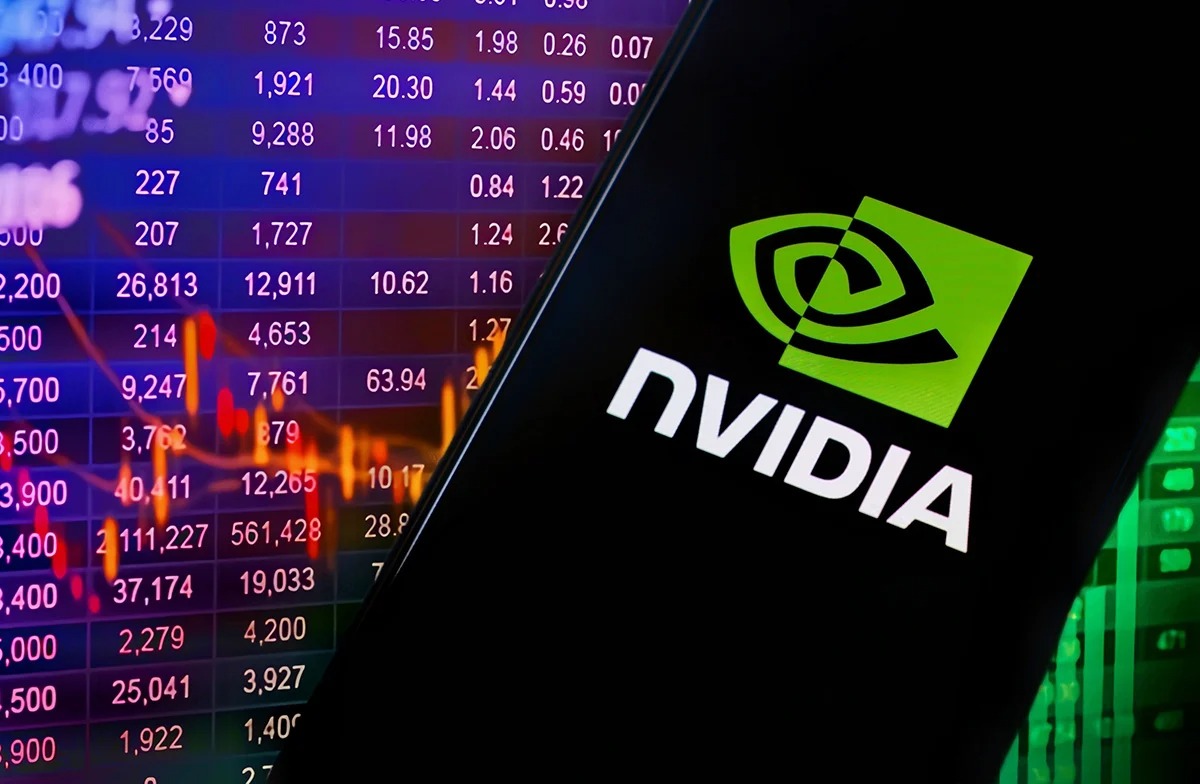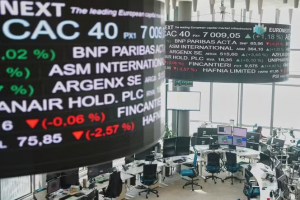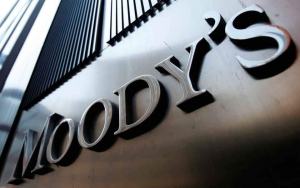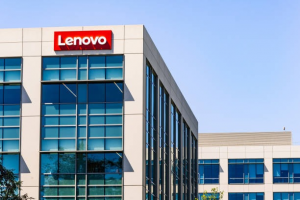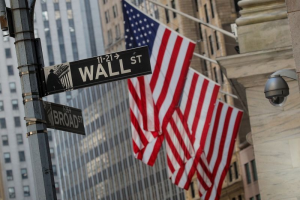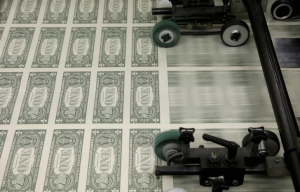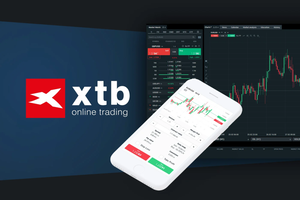The semiconductor giant Nvidia came within striking distance of Apple’s market value on Monday, reaching a market capitalization of $3.337 trillion, just shy of Apple’s $3.356 trillion. The company’s stock closed up 0.5% at $136.05, marking another milestone in its remarkable ascent driven by artificial intelligence chip demand.
Nvidia is set to replace Intel in the Dow Jones Industrial Average this week. The change, announced by S&P Dow Jones Indices, reflects Nvidia’s growing prominence in the semiconductor industry and its emergence as the leading U.S. chip stock.
The company’s growth trajectory has been primarily fueled by unprecedented demand for its AI processors. According to recent investor presentations, Nvidia continues to face supply constraints despite expanding production, with orders for its latest Blackwell GPU products backed up for 12 months.
Major tech companies are showing no signs of slowing their AI investments. UBS Global Wealth Management’s chief investment officer Mark Haefele projects that combined spending on AI infrastructure will surge 50% this year to $222 billion, with another 20% increase expected in 2025, reaching $267 billion.
During a recent appearance on the BG2Pod podcast, Nvidia CEO Jensen Huang shared his vision of a $1 trillion transformation in global data-center infrastructure. He noted that approximately $150 billion of this shift has already occurred, with the remainder expected to unfold over the next four to five years.
Amazon Web Services (AWS), the world’s largest cloud services provider with 31% market share, has reaffirmed its commitment to Nvidia despite developing its own AI chips. AWS CEO Andy Jassy emphasized the company’s “deep partnership with Nvidia” and their role as a lead partner for new chip releases.
Microsoft, holding 20% of the cloud services market, reported some supply constraints related to Nvidia’s Blackwell GPU deliveries. However, the tech giant maintains a strong relationship with Nvidia and proudly announced its position as the first cloud provider to implement Nvidia’s Blackwell system with GB200-powered AI servers.
Both cloud service providers have indicated that demand for AI computing capacity exceeds their current capabilities. Microsoft CFO Amy Hood expressed confidence in accelerated growth as AI chip supply improves, while Amazon’s Jassy noted that AWS has “more demand that we could fulfill if we had even more capacity today.”
The transformation of data centers from traditional CPU-based processing to GPU-powered AI workloads continues to drive Nvidia’s growth. The company’s management indicates that this shift is still in its early stages, with substantial runway for future expansion.
Nvidia’s success has translated into impressive financial metrics, though its current valuation reflects high growth expectations. The company trades at a price-to-earnings ratio of 63.5, reflecting investor confidence in its continued dominance of the AI chip market.
Despite some supply chain challenges, Nvidia’s order books remain full. The company has consistently stated that demand for its AI GPUs remains robust, even as production capacity has increased substantially throughout the year.
The competition from custom chips developed by major tech companies appears to be complementary rather than threatening to Nvidia’s market position. Both Amazon and Microsoft maintain their commitment to Nvidia’s products while developing alternative solutions.
Recent market data indicates strong institutional confidence in Nvidia’s future prospects. The company’s inclusion in the Dow Jones Industrial Average, while not directly driving significant buying activity, serves as further validation of its market leadership.
Looking ahead, Nvidia is scheduled to announce its quarterly results on November 20, 2024, which will provide additional insight into its financial performance and market outlook.

